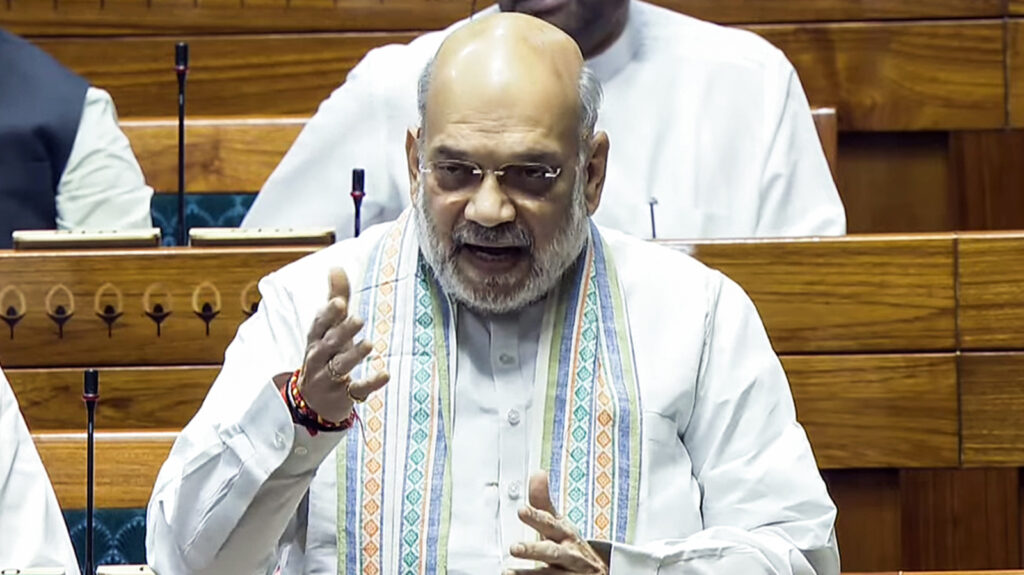#WaqfAmendmentBill #AmitShah #KirenRijiju #LokSabha #RajyaSabha #IndianParliament #MinorityRights #WaqfBoard #GovernmentBill #OppositionProtest #IndianPolitics #BreakingNews #LegalReforms #ReligiousFreedom #CongressVsBJP
New Delhi, April 2, 2025: The Waqf (Amendment) Bill, 2024, introduced in the Lok Sabha on Wednesday, has triggered intense debates, with the government strongly defending the legislation while the opposition fiercely opposes it. The Bill, tabled by Union Minority Affairs Minister Kiren Rijiju, has been met with criticism from various quarters, with allegations that it undermines the rights of minority communities.
Government’s Justification:
Union Home Minister Amit Shah, addressing the Parliament, clarified that the amendments aim to bring transparency and fairness to the administration of Waqf properties. Shah stated, “Unknowingly or for political reasons, misinformation is being spread by Opposition MPs. Waqf means ‘donation for religious charities in the name of Allah’. Donations can be made only of one’s own property, not government property.” He further assured that there is “no provision to appoint any non-Muslim member to Waqf” and emphasized that the government does not intend to interfere in Muslim religious matters.
Opposition’s Strong Resistance:
Congress leaders, including Deputy Leader in Lok Sabha Gaurav Gogoi, have slammed the Bill, calling it an “attack on the basic structure of the constitution.” Gogoi accused the NDA-led government of attempting to “dilute the Constitution, defame minority communities, divide Indian society, and disenfranchise minorities.” He pointed to recent restrictions on public religious practices, such as the ban on reading namaz on roads, as evidence of the government’s alleged bias.
Contentious Provisions:
The Bill has drawn criticism due to several key provisions, including:
- The possibility of appointing a non-Muslim as the Chief Executive Officer of the Waqf board.
- Allowing at least two non-Muslim members to be appointed by state governments to their respective Waqf boards.
- Granting District Collectors the power to determine whether a disputed property belongs to Waqf or the government.
- Eliminating the concept of ‘Waqf by user’.
- Mandating registration of all Waqf properties in a central database within six months of the law’s enactment.
- Removing the clause that made tribunal decisions final, potentially leading to further legal disputes.
Nationwide Reactions and Protest Calls:
The Bill has sparked protests from various Muslim organizations and civil society groups who claim it encroaches upon religious autonomy. Several leaders and activists have urged the government to reconsider the amendments, warning that they could lead to unrest and legal battles.
Meanwhile, the Rajya Sabha adjourned for the day following the passage of the Immigration and Foreigners Bill, 2025, amid an opposition walkout.
As the debate intensifies, all eyes remain on the Parliament as the government moves ahead with its legislative agenda despite strong opposition resistance. Will the Bill see further amendments, or will it be passed in its current form? Stay tuned for more updates on this developing story.
